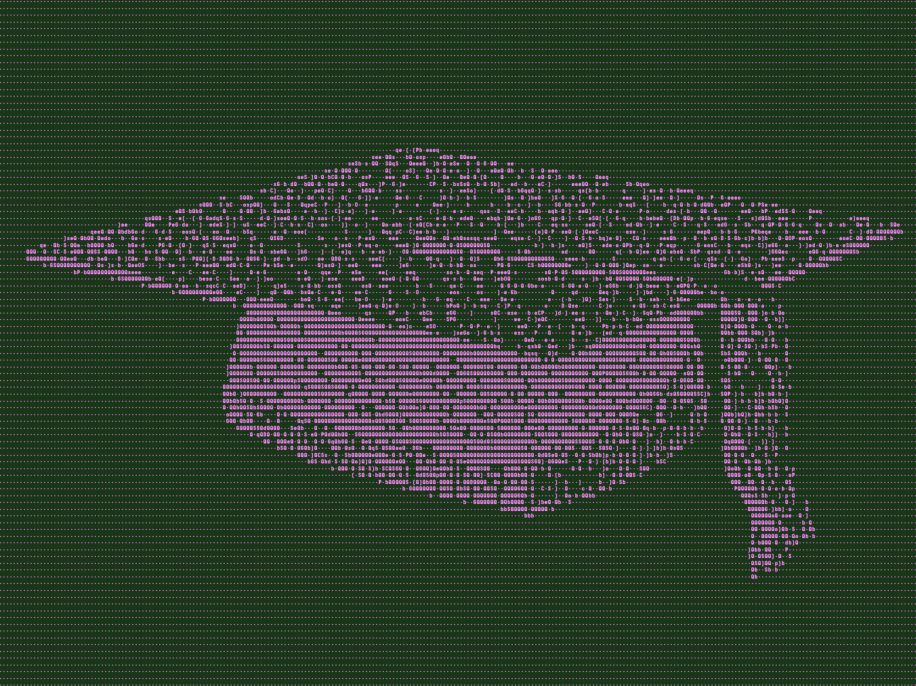OpenAI has unveiled CriticGPT, a new AI model based on GPT-4 designed to identify errors in code generated by ChatGPT, marking a significant step towards improving the accuracy and reliability of AI-generated outputs.
CriticGPT Introduction
Developed by OpenAI, CriticGPT represents a novel approach to enhancing the reliability of AI-generated content. This innovative model, part of the GPT-4 family, is specifically designed to assist human reviewers in detecting and critiquing errors in code produced by ChatGPT. By leveraging advanced AI capabilities, CriticGPT aims to address the growing challenge of evaluating increasingly sophisticated AI outputs, particularly as large language models become more complex and capable.
Training and Performance
The training process for CriticGPT involved a dataset containing intentionally inserted bugs, enabling the model to recognize and flag various coding errors effectively. This innovative approach yielded impressive results, with CriticGPT outperforming human reviewers by catching approximately 85% of bugs compared to the 25% identified by humans. The model’s feedback was preferred over human critiques in 63% of cases involving natural LLM errors, demonstrating its superior performance in error detection. To enhance its capabilities further, researchers developed a new technique called Force Sampling Beam Search (FSBS), which improved CriticGPT’s ability to provide detailed code reviews while minimizing false positives.
Applications and Limitations
While primarily focused on code review, CriticGPT has demonstrated potential in identifying errors in non-code tasks, showcasing its versatility as a tool for improving AI outputs. However, the model’s effectiveness may be limited when evaluating longer and more complex tasks, as it was trained on relatively short responses. Despite its impressive performance, CriticGPT still produces some false positives and requires human oversight to ensure accuracy. Additionally, the model faces challenges in detecting errors spread across multiple code strings, which can make it difficult to identify the source of certain AI hallucinations.
Future Integration Plans
Plans are underway to integrate CriticGPT into OpenAI’s Reinforcement Learning from Human Feedback (RLHF) pipeline, providing human trainers with an AI assistant to help review and refine generative AI outputs. This integration aims to enhance the overall quality and alignment of AI systems with human expectations. By leveraging CriticGPT’s capabilities, OpenAI anticipates improving the efficiency and accuracy of their AI training processes, potentially leading to more reliable and sophisticated AI models in the future.
Source: Perplexity






